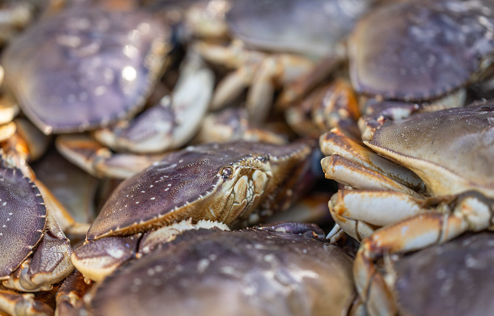
U.S. Integrated Ocean Observing System (IOOS) has awarded Oregon State University with an ocean technology transition grant for their National Centers for Coastal Ocean Science-supported research to develop a smaller, more user-friendly, low-cost oxygen sensor. With this grant, researchers will further scale up this technology so that it can be implemented and adopted more widely across the U.S.
Hypoxia, when the amount of oxygen in water is too low to support most aquatic life, has become an annual event off the coast of Oregon. In 2018, the NCCOS Coastal Hypoxia Research Program invested in a project to work with Oregon’s Dungeness crab fishery to deploy dissolved oxygen sensors on commercial crab pots to help detect the onset of hypoxia events on fishing grounds and enable adaptive fishing. The new ocean technology transition grant from IOOS will take the sensor from the research to operations, making it possible for this tool to be accessible to tribal, commercial, and charter fishermen in Oregon and beyond.
The NCCOS project and new IOOS project are both led by Oregon State University (OSU). To learn more about the new project, see OSU’s press release.
